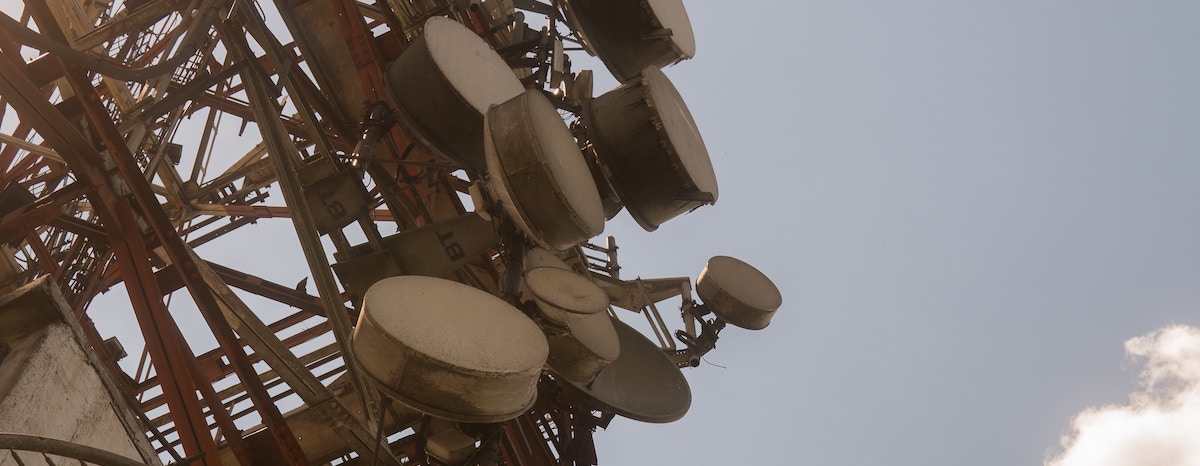‘Countries in the Air’: Travel and Geomodernism in Louis MacNeice’s BBC Features
In the middle stretch of his twenty-two-year BBC career, the poet and producer Louis MacNeice earned a reputation as one of the ‘undisputed masters of creative sound broadcasting’, a reputation derived, in part, from a huge range of radio features that were founded upon his journeys abroad. Through close examination of some of his most significant overseas soundscapes—including Portrait of Rome (1947) and Portrait of Delhi (1948)—this article will consider the role and function of travel in shaping MacNeice’s engagement with the radio feature as a modernist form at a particular transcultural moment when Britain moved through the end of the Second World War and the eventual disintegration of its empire.
.
Dr Aasiya Lodhi is a Senior Lecturer in Media, and co-editor, with Amanda Wrigley, of Radio Modernisms: Features, Cultures and the BBC (2020). Her current research is concerned with the entanglements between colonial ideology and mid-century BBC Radio, with a particular focus on the role of writers and intellectuals including (amongst others) Doris Lessing and Stuart Hall. Aasiya is also Principal investigator of the AHRC funded public engagement project ‘Reclaiming a Lost Past: Black British Women, Visibility and the BBC’, tied to the BBC centenary and partnered with BBC History, the Feminist Library, the podcast Letter to a Black Girl and the Young Vic Theatre: https://www.bbc.co.uk/historyofthebbc/ahrc/aasiya-lodhi/












